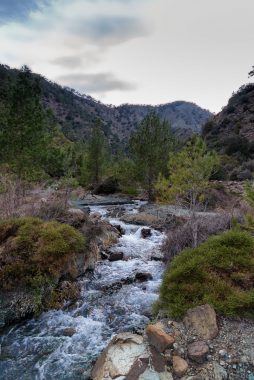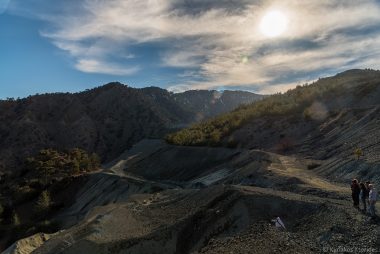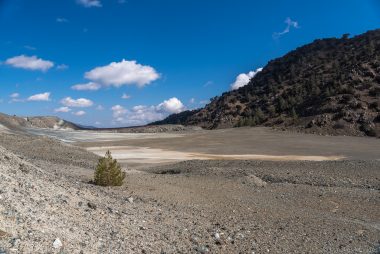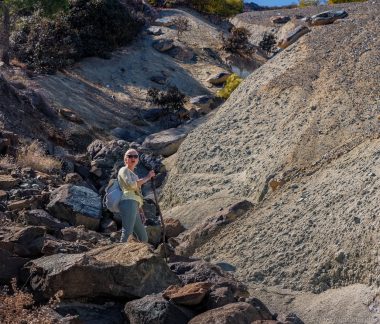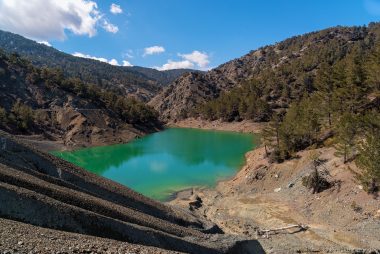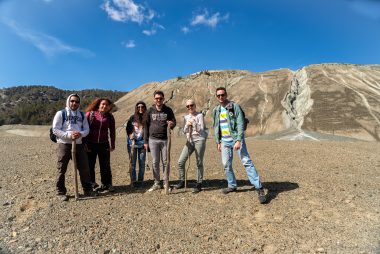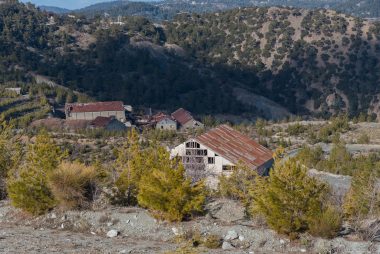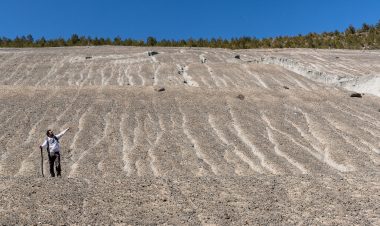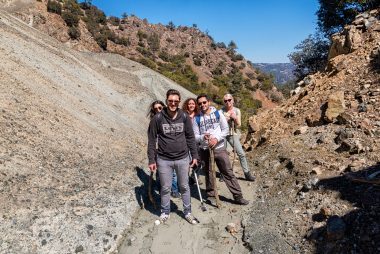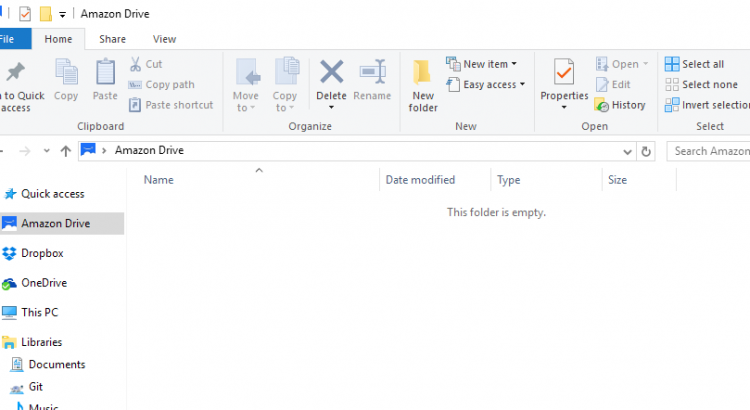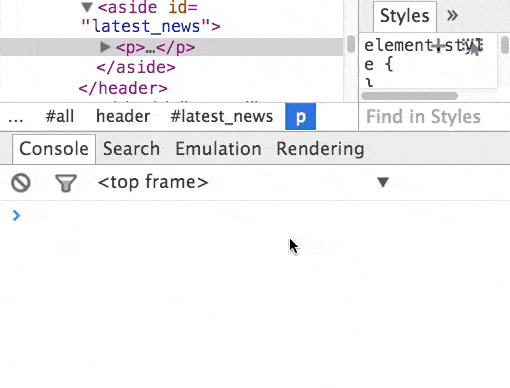Frequently I find the need to see what SQL queries are actually generated magically by Eloquent. It really helps when I need to debug a query or figure out why its not performing well. Since I keep referring back to this very useful code snippet I thought its good to keep it here so its readily available for myself and anyone else. Add the following code in the boot() method of AppServiceProvider.php:
If you haven’t changed Laravel’s default logging configuration all queries executed will be logged in storage/logs/laravel.log. The full query including its parameter values will be included which makes it dead easy to then copy/paste and run EXPLAIN so you can see how you could optimize it. Note that this will only execute if APP_ENV is set to local so no sensitive information will be logged on your production logs.



